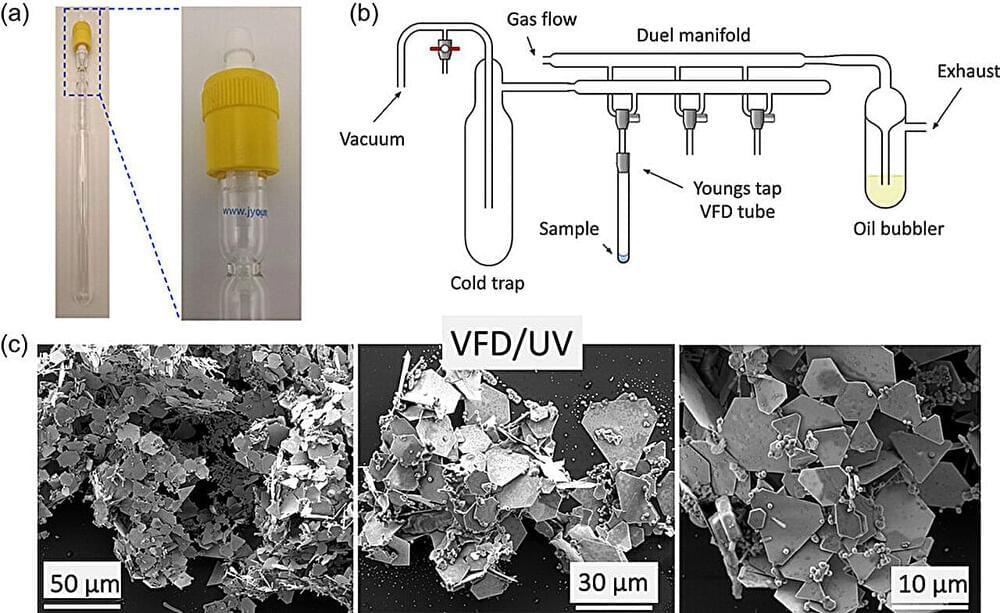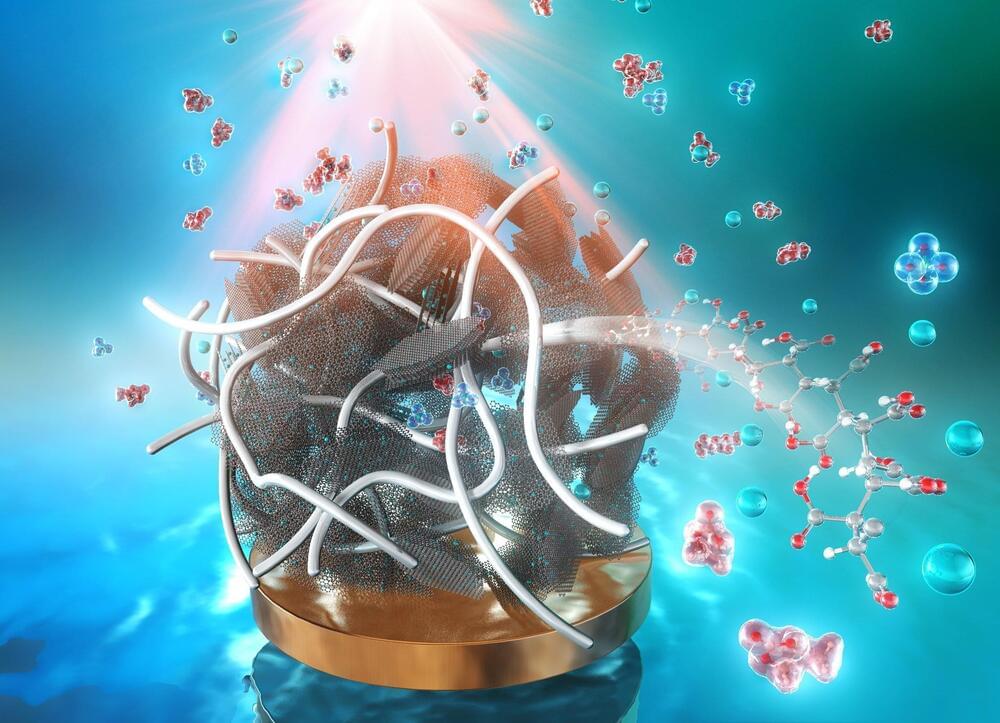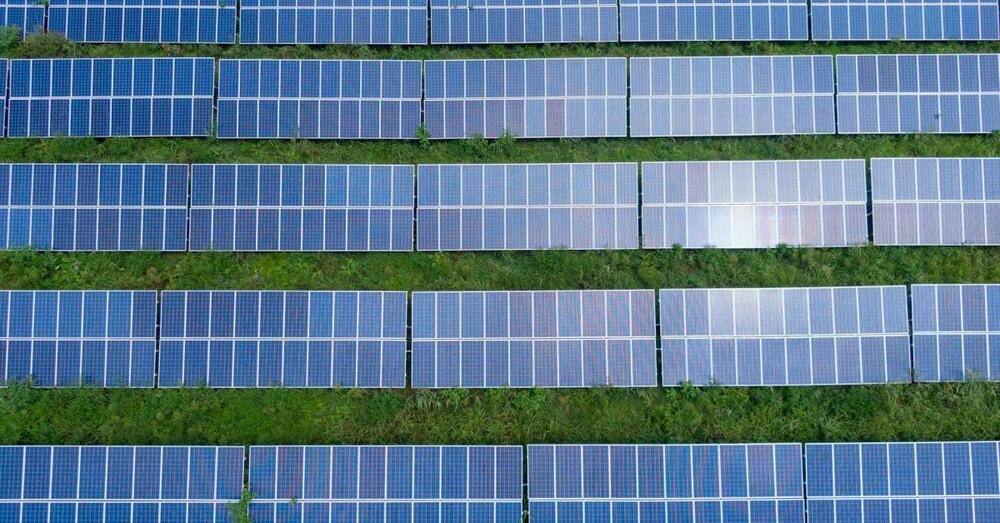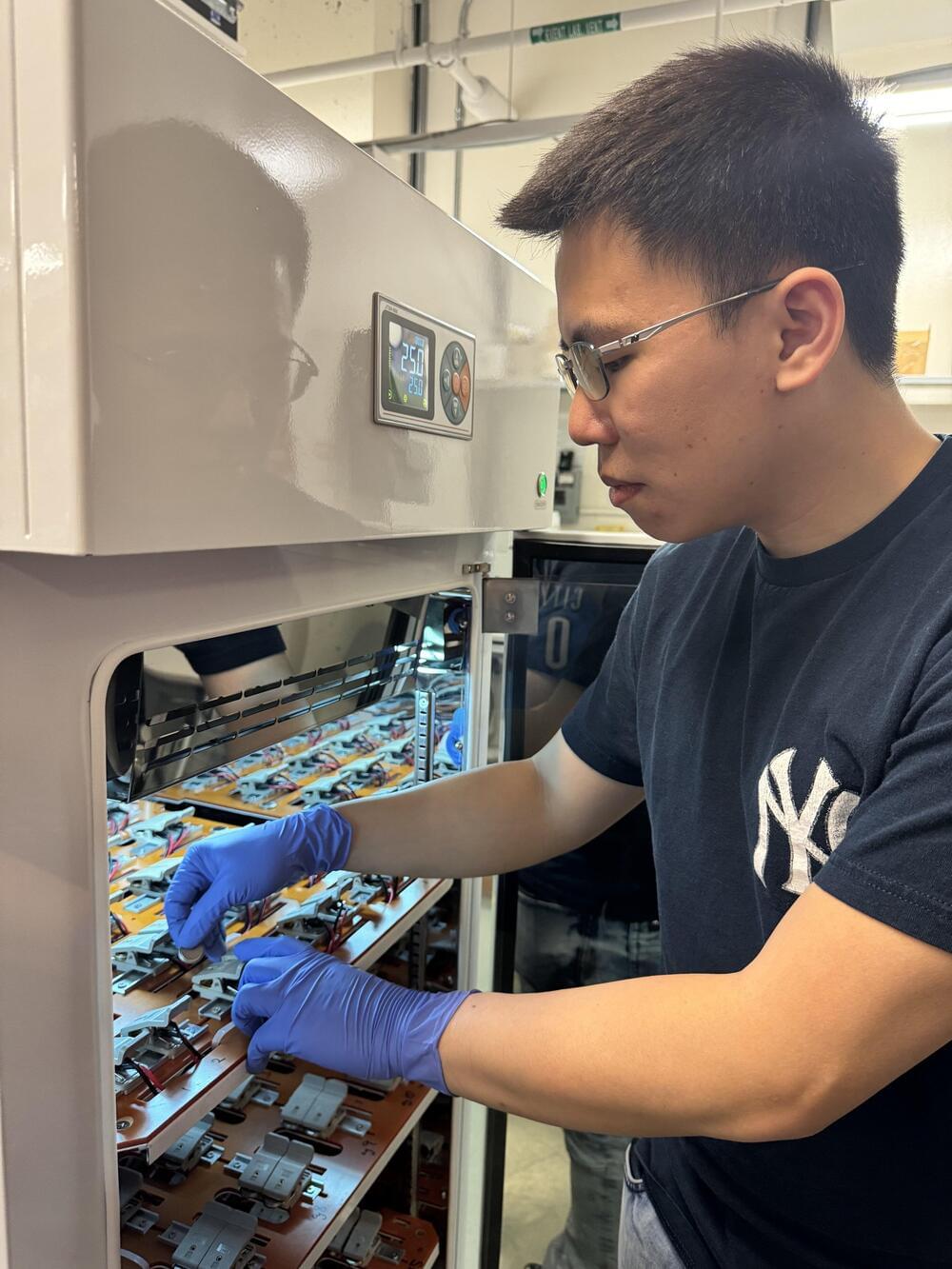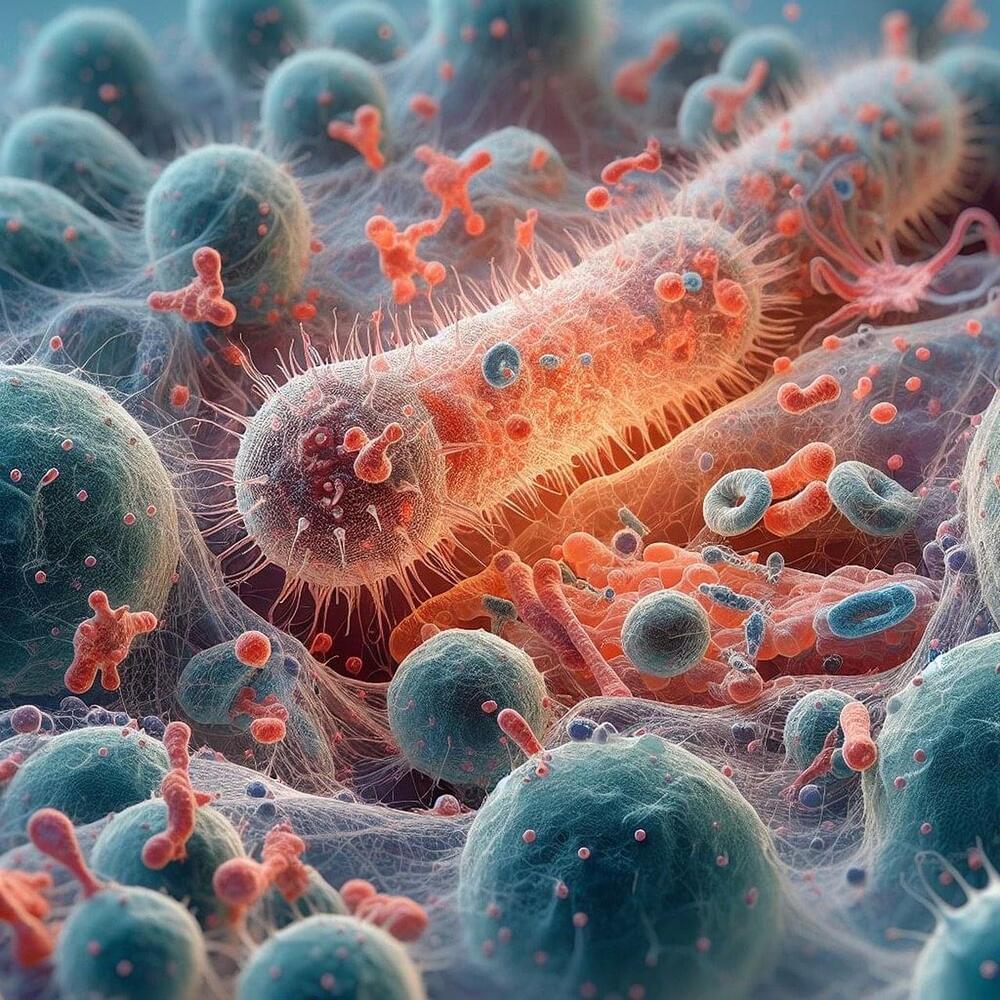Ledger, a French startup mostly known for its secure crypto hardware wallets, has started shipping new wallets nearly 18 months after announcing the latest Ledger Stax devices.
The updated wallet features an E-Ink display and has been designed in partnership with Tony Fadell, one of the main designers behind the iPod. E-Ink technology is generally used for e-book readers like the Amazon Kindle or the Rakuten Kobo because the displays look good in daylight and don’t require a lot of power.
After fulfilling all preorders, the company will list the Ledger Stax on its website once it has more stock available. The reason the hardware wallet fell behind schedule is the company may have overpromised on the design front. The Ledger Stax features a curved E-Ink display. It said it has been more difficult than expected to produce curved E-Ink displays at scale.

